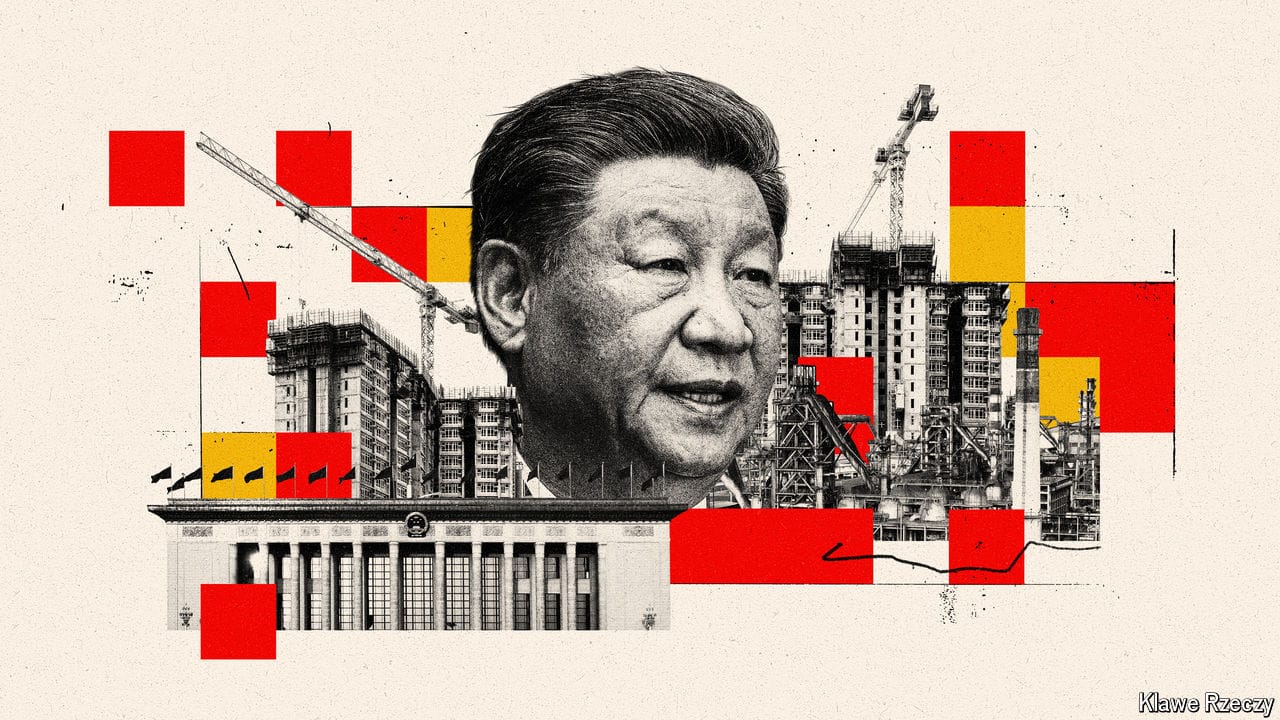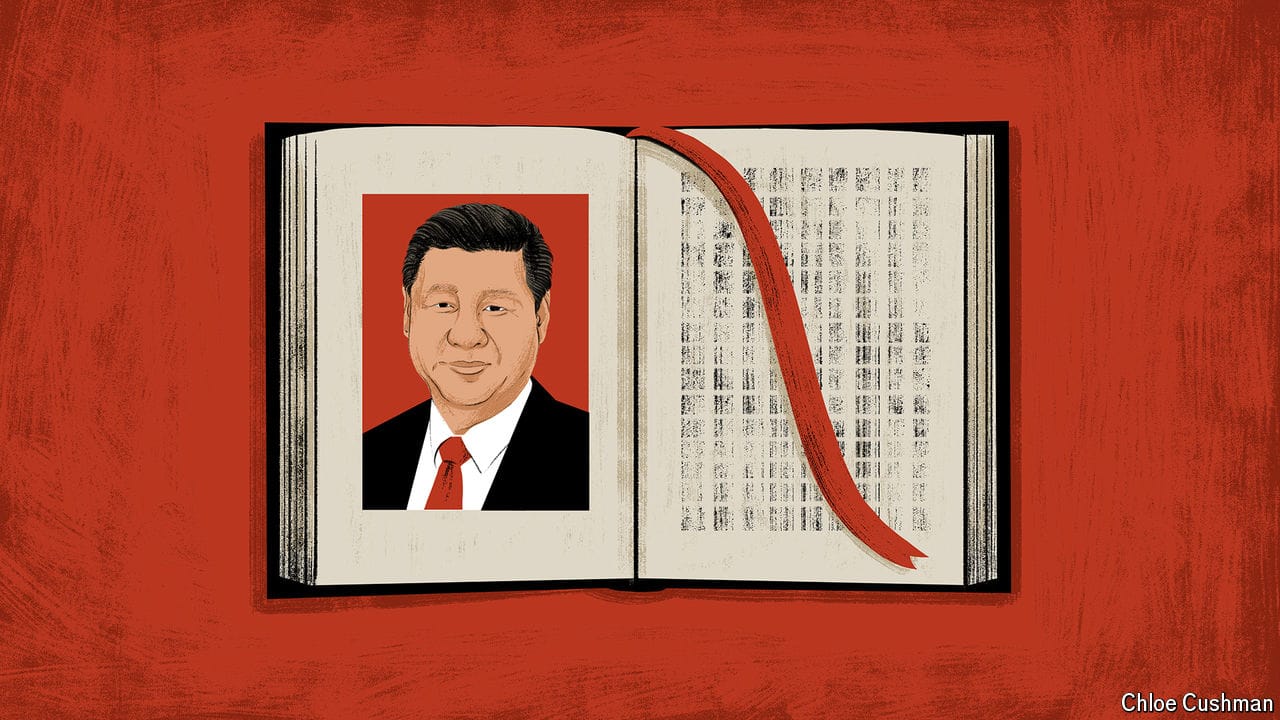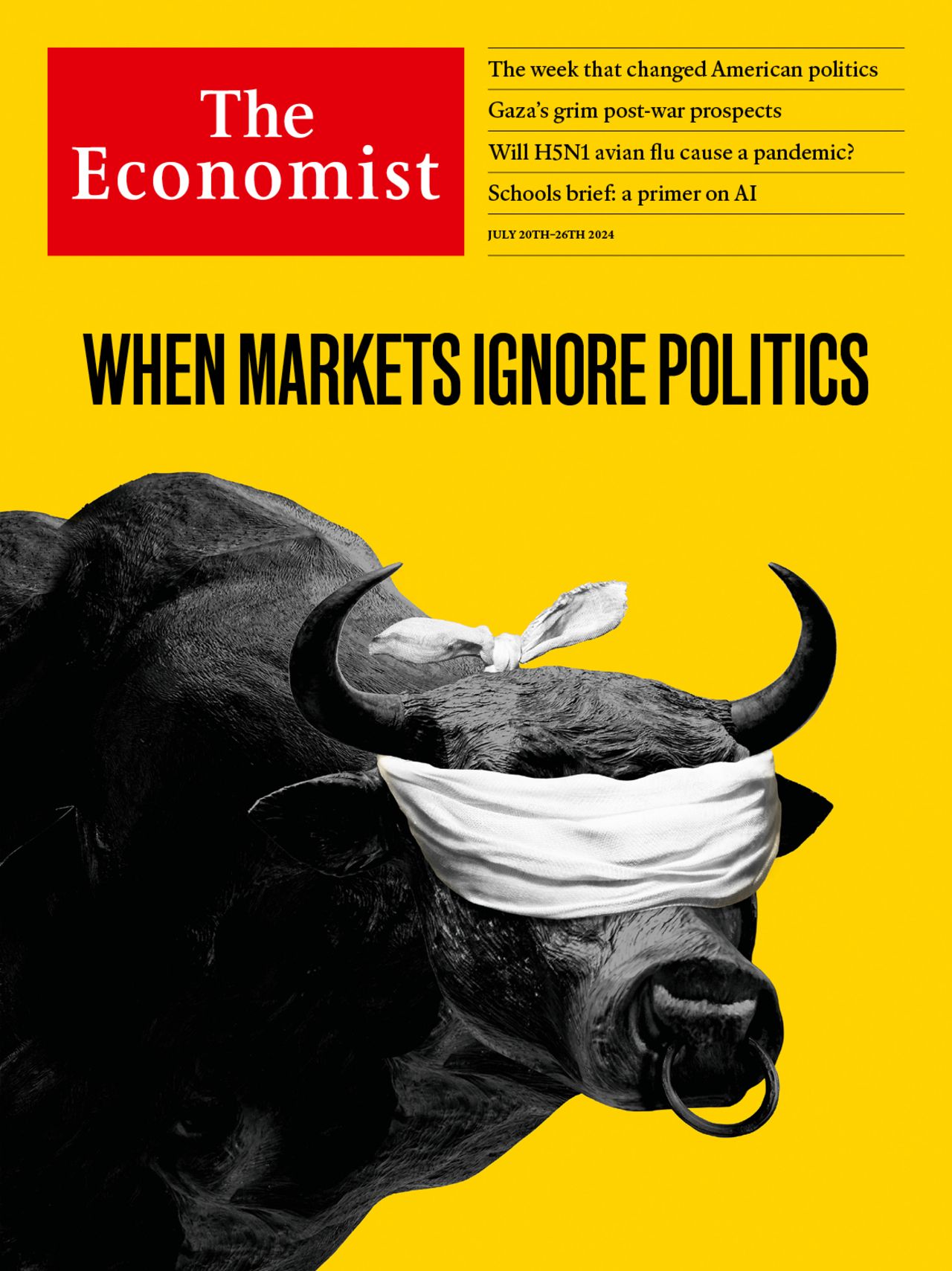Fury erupts in China over a food-safety scandal
Rare investigative journalism touches a raw public nerve

Investigative journalism is a rarity in China. The Communist Party prefers stories that puff up its achievements. So readers paid particularly close attention when a newspaper run by the Chinese capital’s own party committee, Beijing News, deviated from the norm. On July 2nd it reported that cooking oil was being transported by lorry in containers that were also being used to carry liquid fuel. It said that, to save money, the vessels were being switched from one use to the other without being cleaned. In a country where food safety has long worried the public, this news was sensational. The newspaper even provided video that implicated a giant state-owned firm, Sinograin.
“A great nation is rising. But it can’t even guarantee the basic safety of cooking oil,” wrote one of many outraged users on Weibo, a social-media platform. Some netizens pointed out the difference between the authorities’ strict control of speech and media and seemingly lax approach to food. “If there are issues with food, it harms us; if there are issues with films and television, it harms them,” one said. Many shared links to a remark by Xi Jinping in 2013, about a year after he came to power: “If our party, while governing China, cannot even ensure food safety, and cannot do so over the long term, then people will start to question whether we are qualified to govern.”
Explore more
This article appeared in the China section of the print edition under the headline “Oil change”
More from China

China is itching to mine the ocean floor
It wants to dominate critical-mineral supply chains

China unveils its new economic vision
It promises many reforms, but remains ambivalent about the role of the market

The nationalism of ideas
Xi Jinping wants Chinese systems of knowledge, free of Western values
The noose around the press in Hong Kong tightens
Even advocating press freedom begins to seem a bad career move
China’s ruling party sets out its vision of economic reform
The party sees no need for a decisive break with the past
The No.1 reason for success in China? Connections
People are starting to blame inequality on the system, not idleness
